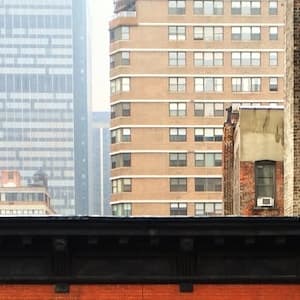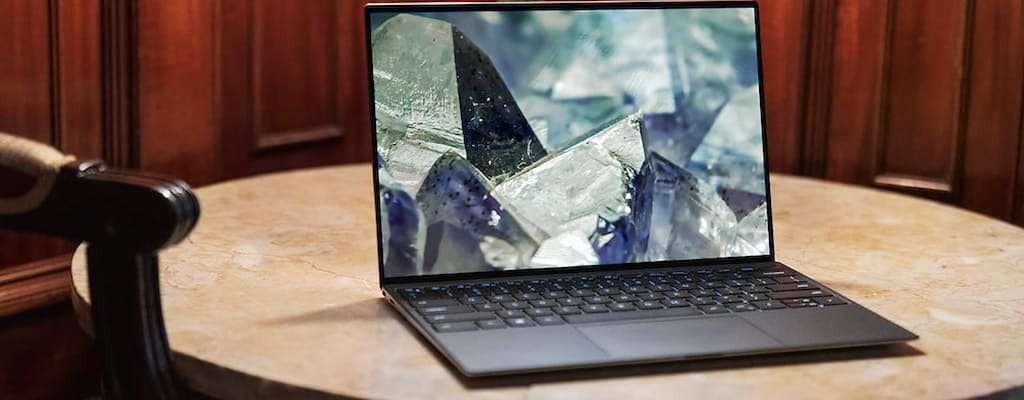for show: Idiom Meaning and Origin
What does ‘for show’ mean?
The idiom "for show" means doing something only to give the appearance of it, without any real substance or intention behind it.

Idiom Explorer
The idiom "show off" means to behave in a way that draws attention to oneself in order to impress others or make them envious.
The idiom "ham it up" means to overact or exaggerate a performance or behavior in a way that is not natural or genuine.
The idiom "good for nothing" is used to describe someone or something that is completely useless or lacking in any value or purpose.
The idiom "gloss over" means to ignore, downplay or conceal a problem, mistake, or negative aspect of something, often with a superficial treatment or explanation.
The idiom "give the lie" means to prove that something is false or to disprove a statement or claim.
The idiom "give face" means to show respect or give someone a positive image or reputation in front of others. It is a cultural concept commonly used in East Asian societies.
The idiom "for this once" means to make an exception or allow something to happen just this one time.
The idiom "for the time being" means temporarily or for now, referring to a situation that is not permanent.
The idiom "for the nonce" means temporarily or for the time being.
Significance Unveiled
The idiom "for show" conveys the meaning of doing or presenting something solely for appearance or to create an impression, rather than for any practical purpose or real effect. It is often used to refer to actions, behaviors, or objects that serve as a superficial display or pretense, lacking true substance or value.
The origin of the idiom "for show" can be traced back to the late 19th century, although variations of the expression have been used throughout history. The exact origin and earliest usage are difficult to pinpoint due to the nature of idiomatic language.
Similar expressions that convey a similar meaning to "for show" include "for appearances," "merely for show," or "just for show."
With these facts in mind, it becomes clear that the idiom "for show" is used to describe actions or objects that are done or presented solely for the purpose of appearance or impression, rather than for any true practical or substantive effect.
When someone engages in an activity "for show," they are often doing so in order to create a specific image or to conform to societal expectations. It implies that the true intent or purpose may be different from what is being presented, and that there is an underlying motivation or agenda at play.
This idiom can be seen in a wide range of contexts, from social situations where individuals may engage in certain behaviors to project a certain image, to more professional or political scenarios where actions may be taken to appear favorable or to gain approval.
For example, if someone donates a large sum of money to a charity "for show," it suggests that their real motivation may not be genuine philanthropy, but rather to boost their public image or reputation. Similarly, if a politician makes promises during a campaign "for show," it indicates that their true intentions or ability to fulfill those promises may be questionable.
The idiom "for show" captures the essence of superficiality and the notion that appearances can be deceiving. It serves as a reminder to look beneath the surface and question the true motivations and intentions behind actions or presentations that may be solely for show.
Overall, the idiom "for show" offers a valuable insight into the complexities of human behavior and the facade that can often be created for various purposes. It invites further contemplation and analysis of the interplay between genuine intention and external presentation in different aspects of life.
When it comes to related idioms, "show off" is a commonly used expression that relates to "for show". While "for show" implies the superficiality and pretense behind certain actions, "show off" specifically refers to the act of deliberately displaying one's abilities, possessions, or achievements in order to impress others. Unlike "for show," which focuses on the underlying motivations, "show off" emphasizes the act of showcasing or demonstrating something for the purpose of gaining attention or admiration.
An example of "show off" in action could be someone flaunting their new car to impress their friends or demonstrating their skills on the basketball court in order to be admired for their talents. In both cases, the individual is intentionally showcasing something for the sake of gaining recognition or validation from others. This distinction highlights the subtle differences between the two idioms and their respective nuances.
Another idiom, "for grins," is another expression that is related to "for show." While "for show" suggests that something is done solely for appearance or impression, "for grins" means doing something purely for the sake of amusement or enjoyment, without any serious or practical reason. It is used to convey a lighthearted or playful motive behind an action or decision.
For example, if someone decides to spontaneously take a road trip "for grins," it means they are doing it simply for the fun and excitement of the experience, not because of any practical necessity. This idiom emphasizes the element of spontaneity and the desire to pursue activities solely for the enjoyment they bring, without any deeper purpose or agenda.
Similarly, the idiom "for beans" is another related expression that showcases a different aspect of "for show." "For beans" means doing something for very little or no reward or benefit, often without any serious intention or purpose.
An example of "for beans" could be doing a task that requires a lot of effort or time, but without receiving any significant compensation or recognition. It implies that the effort or work being put into the task is not commensurate with the outcome or reward. This idiom emphasizes the idea of doing something without much practical motivation or personal gain, and is often used to convey a sense of frustration or disillusionment.
Lastly, the idiom "for the hell of it" is another expression that is related to "for show." While "for show" implies doing something for appearance or impression, "for the hell of it" means doing something simply because one feels like it, without any particular reason or justification.
This idiom is used to emphasize the element of spontaneity or impulsiveness, as well as the willingness to engage in an activity without overthinking or analyzing its practicality or consequences. It suggests a sense of freedom or liberation from societal expectations or constraints, as the action is driven purely by personal desire or whim.
An example of "for the hell of it" could be someone deciding to dye their hair a bold color simply because they felt like it, without any specific motive or purpose. The phrase conveys a sense of rebellion or nonconformity, as it rejects the need for justifications or explanations for personal choices or actions.
Example usage
Examples of how the idiom for show can be used in a sentence:
- She wore fancy jewelry to the party, but it was all for show as she couldn't really afford it.
- The company implemented new environmentally-friendly policies, but it was mostly for show to improve their public image.
- He carried a renowned art piece with him to impress others, but it was just for show as he had no real interest in art.
More "Display" idioms



